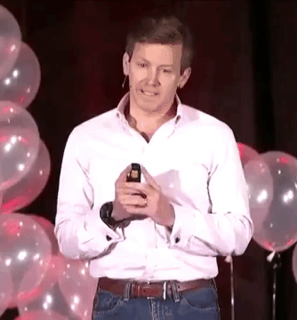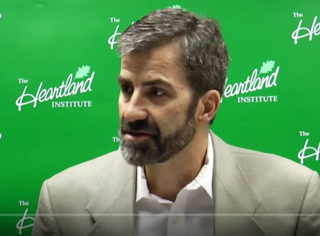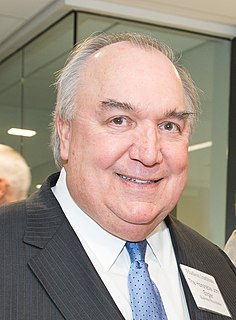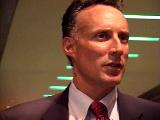A Quote by Peter Pronovost
Quality without science and research is absurd. You can't make inferences that something works when you have 60 percent missing data.
Related Quotes
The scientists Heartland works with demanded we host a ninth conference this year to foster a much-needed frank, honest, and open discussion of the current state of climate science and we just couldn't refuse. The public, the press, and the scientific community will all benefit from learning about the latest research and observational data that indicate climate science is anything but 'settled.
This example illustrates the differences in the effects which may be produced by research in pure or applied science. A research on the lines of applied science would doubtless have led to improvement and development of the older methods - the research in pure science has given us an entirely new and much more powerful method. In fact, research in applied science leads to reforms, research in pure science leads to revolutions, and revolutions, whether political or industrial, are exceedingly profitable things if you are on the winning side.
If you sense a deep human need, then you go back to all the basic science. If there is some missing, then you try to do more basic science and applied science until you get it. So you make the system to fulfill that need, rather than starting the other way around, where you have something and wonder what to do with it.







































